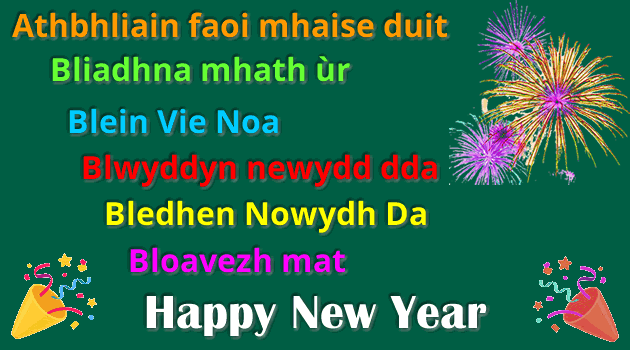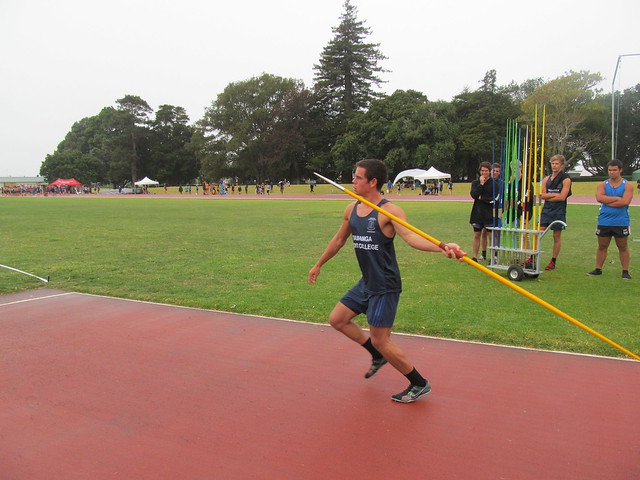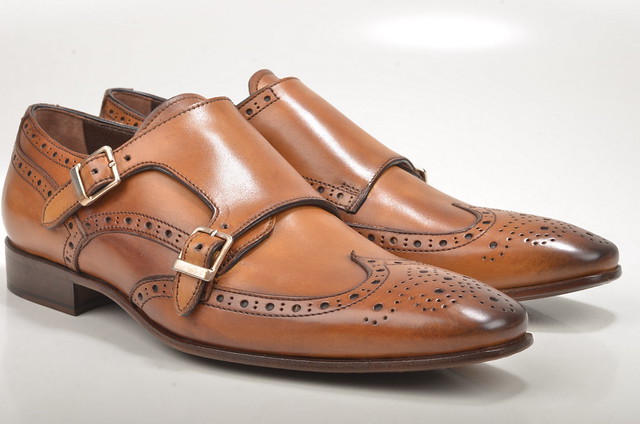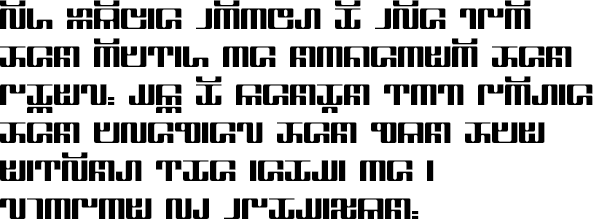Podcast: Play in new window | Download
In this episode we’re looking into bulls and related beasts.
The Proto-Celtic word *tarwos means bull, and comes from the Proto-Indo-European *táwros (wild bull, aurochs), which possibly comes from or was borrowed into Proto-Semtic as *ṯawr- (bull, ox), from which we get ثَوْر (ṯawr – bull, steer, ox, Taurus) in Arabic [Source].
Related words in Celtic language include:
- tarbh [ˈt̪ˠaɾˠuː] = bull or Taurus in Irish
- tarbh [tarav] = bull in Scottish Gaelic
- tarroo = bull in Manx
- tarw [ˈtaru] = bull, uncastrated male ox, papal bull or Taurus in Welsh
- tarow = bull in Cornish
- tarv = bull in Breton
The Old Irish Irish word for bull, tarb [tarv], was borrowed into Old Norse as tarfr, which became tarvur (bull, Taurus, womanizer) in Faroese, and tarfur (bull) in Icelandic [Source].
Words from the same PIE root include Taurus and steer in English, taureau (bull, Taurus) in French, toro (bull) in Spanish, and touro (bull) in Portuguese [Source].
You can be find more details of words for bulls and other cattle on the Celtiadur, a blog where I explore connections between Celtic languages in more depth. I also write about words, etymology and other language-related topics on the Omniglot Blog.










